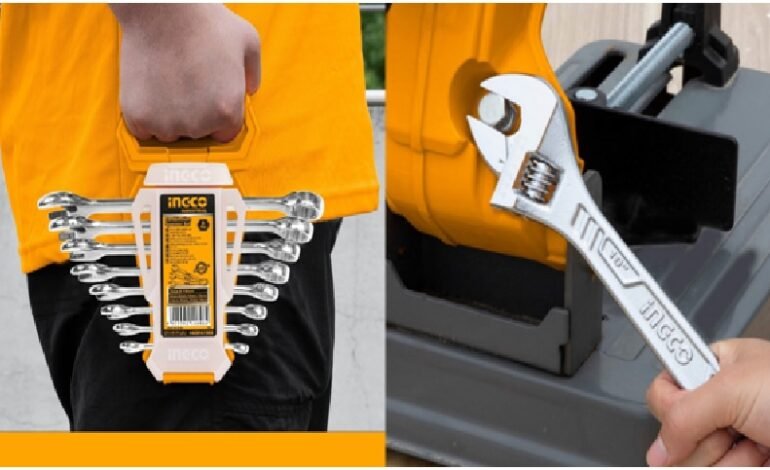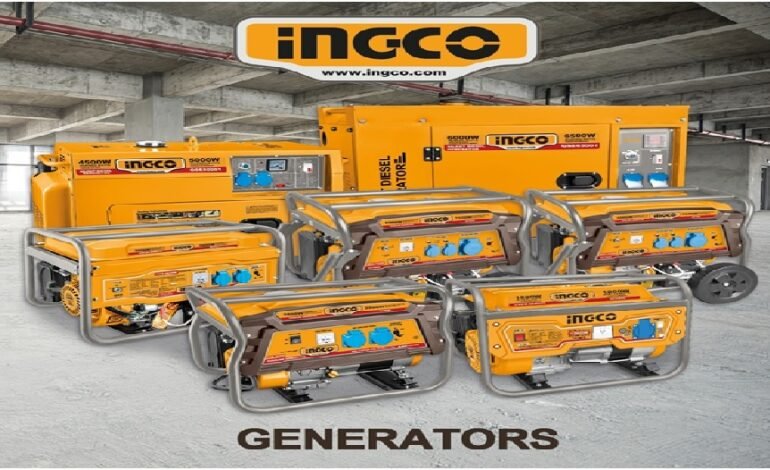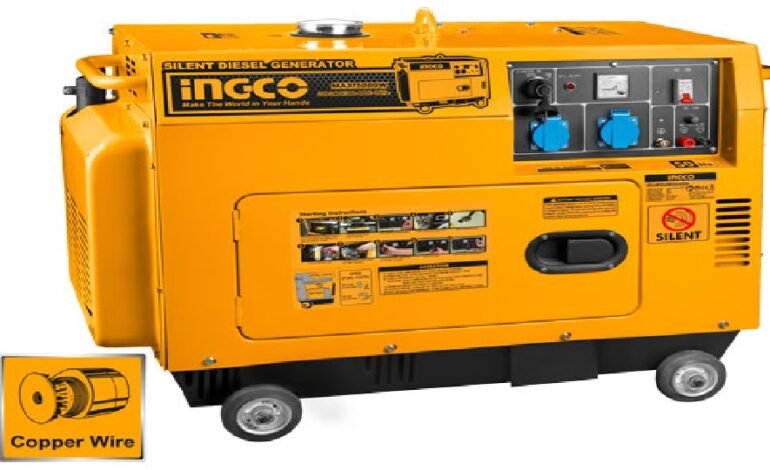How we can Differentiate Between a Spanner and a Wrench?

As we all know, tools play a crucial role in different tasks, from home fixes to professional mechanical usage. Spanners and wrenches are frequently mentioned, sometimes interchangeably, which can cause a mix-up. We will discuss the difference between a spanner vs wrench in detail to understand the difference between them.
Spanner vs Wrench:
You can check some differences to accommodate your needs and task demands.
Design and Structure:
- Spanner:
A spanner is a tool specifically planned to handle and turn things, generally fixings like nuts and bolts. It commonly has a set jaw size, signifying each spanner fits a particular length of nut or bolt. Spanners come in different types, like open-end, ring, and combination.
- Wrench:
Wrenches, then again, are more disparate in their designs and applications. The word “wrench” broadly refers to whatever tool is utilized for twisting bolts, nuts, or other objects. Adaptable wrenches, also known as rounded wrenches, boast a flexible jaw that can fit different sizes of fixings, allowing flexibility. There are also particularized wrenches, such as pipe wrenches, explicitly planned for twisting pipes and pipe fittings, and torque wrenches, which require a particular amount of torque to hold fast.
Utilization and Functionality:
- Spanner Used For:
Spanners are opted for when coping with fixings of a particular size. Their design proposes an accurate fit, reducing the chance of slipping and rounding out the borders of the fixing. This precision makes spanners perfect for labourers needing a good grip and ascertained force, such as automotive fixings or machinery setups. The made jaw sizes ensure that once you have the right spanner, the job can be executed efficiently and precisely.
- Wrench Used For:
Wrenches propose more considerable versatility due to their adaptable nature. An adaptable wrench can replace a lot of spanners, making it a handy option for jobs where you might find fasteners of different sizes. This adaptability is especially valuable in plumbing systems, where pipe diameters can deviate. Specific wrenches, such as the torque wrench, are essential in tasks needing a particular amount of force, assuring that fasteners are neither too loose nor too tight, which is all-important in a lot of mechanical applications.

Regional Terminology
The words for these tools vary between areas, adding an additional layer of confusion. In the U.S., the word “wrench” is usually utilized to describe both fixed and adaptable tools for twisting fasteners. Conversely, in the UK and several other parts of the world, “spanner” is the word utilized for what Americans commonly call a “wrench.” For instance, what is recognized in the U.S. as an adjustable spanner is referred to in the UK as an adjustable wrench.
Bottom Line:
In spite of the fact that spanner vs wrench is not a discussion, they are both utilized for comparative purposes. Notwithstanding, they are marginally divergent in their design, development, and usage. Spanners give accuracy and a solid match for specific fixing sizes, making them ideal for undertakings requiring exactness and accuracy. With their versatile nature and particularized types, wrenches give flexibility and are fitting to an expansive scope of utilizations.
Read more: https://stockdalecolemanforjudge.com/












